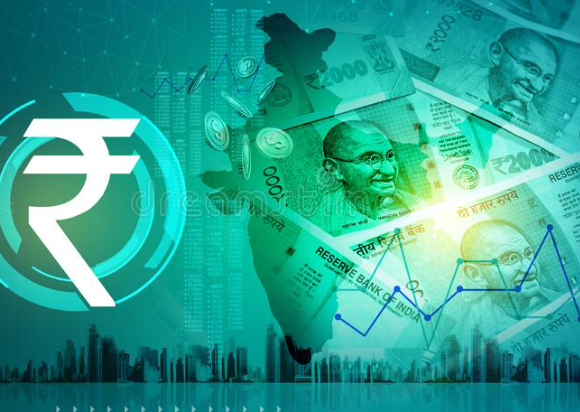$RELI $BPCL $BTC
#India #EU #EnergyMarket #OilExports #RussianOil #IndiaEconomy #EUeconomy #Sanctions #CrudeOil #FossilFuels #StockMarket #RefiningIndustry
India’s fuel exports to Europe have surged enormously this year, positioning the country as Europe’s leading supplier of refined oil products. This comes as Indian refiners take advantage of a regulatory loophole in the European Union’s sanctions on Russia. According to a report by the Finland-based Centre for Research on Energy and Clean Air (CREA), Indian companies have been importing discounted Russian crude oil, refining it, and subsequently exporting the refined petroleum products to countries within the EU. The sanctions, while prohibiting the direct import of Russian crude and refined oil into EU member states, do not explicitly cover refined products from third-party countries like India. This has enabled India to fill a critical supply gap, and with Russia now being India’s largest crude oil supplier, the cooperation between these nations has grown economically significant.
From a financial perspective, this trend signals a shift that could have both foreseeable and nuanced effects on several markets. For India, the sheer scale of cheap oil imports from Russia has significantly improved refining margins, providing refiners such as $RELI and $BPCL with increased profitability. Historically, price-sensitive consumers in India have benefitted, but now refineries are tapping into the European market where energy demand remains high, especially with the conflict in Ukraine and disruptions in global oil supply chains. In particular, European companies may face higher input costs due to transport expenses and geopolitical sensitivities tied to relying on indirect Russian oil supplies. This could eventually raise fuel prices across Europe or trigger a resurgence in inflation dependent on energy costs.
At a macro level, this also highlights the larger geopolitical and economic complexities emerging in the new world oil order. While Russia is facing targeted limitations on its crude market, the country’s widespread oil resources still find viable pathways into end-consumer markets across Europe, albeit via intermediaries like India. European regulators may soon turn their attention to such loopholes, potentially leading to tighter sanctions or revisions in trade rules. Nevertheless, for the time being, the EU importers, desperate to secure energy sources, are choosing refinery products without direct Russian-attribution labels, despite potential reputational risks. This has put significant energy and political strain on European countries as they balance their energy demands with the ramifications of indirectly funding the Russian economy through oil sales.
The cryptocurrency space has also observed tangential effects from this development, with Ethereum and Bitcoin miners in specific regions seeing rising electricity costs due to higher oil prices impacting power generation. Furthermore, regulatory uncertainty surrounding energy sources may prompt crypto firms to become more vocal about their energy consumption practices amid broader ESG concerns. Given that Bitcoin ($BTC) has recently undergone volatility partly due to inflationary pressures linked to elevated energy prices, this scenario paints a complex picture for investors looking to gauge the full inflationary impact on their portfolios from oil price discrepancies. Therefore, the ongoing dynamic between India, Russia, and Europe’s energy markets will likely continue influencing broader asset classes and market sentiment both in stock and crypto markets alike.






Comments are closed.